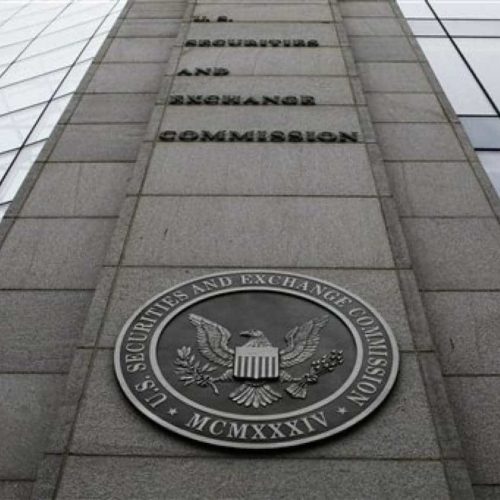Introduction
The Securities and Exchange Commission should require corporations to be more transparent with their shareholders about campaign contributions, according to a petition by high-profile law professors.
The professors argue that when the Supreme Court issued its Citizens United v. Federal Election Commission ruling in January 2010—creating broad opportunities for corporations and unions to make secret donations— it did so because the court preferred corporate accountability mechanisms like the one the petition proposes.
“We differ in our views on the extent to which corporate political spending is beneficial for, or detrimental to, shareholder interests. We all share, however, the view that information about corporate spending on politics is important to shareholders—and that the Commission’s rules should require this information to be disclosed,” the professors wrote.
The professors said that independently pulling together all the information about a corporation’s political spending would be “a demanding task,” and unnecessarily so when the company itself knows where and how much it has spent. The petition argues that shareholder interest in this information has increased and that some companies have taken steps toward voluntarily reporting the information.
Harvard Law School professor Lucian Bebchuk and John Coffee Jr. of Columbia Law School are among the 10 co-signers asking the SEC to determine if there are donations small enough to go unreported, how frequently disclosures should be made and what types of political spending should be reported.
“The Citizens United decision says that the reason that corporations have First Amendment rights is that they represent the shareholders, so let’s make damn sure they do,” says Nell Minow, a board member and former editor at the corporate governance watchdog group GovernanceMetrics International.
Of the petition signers, Minow said, “It’s a hard to get a crowd like that to agree on anything so the number of range of supporters is important.”
The SEC is tremendously busy with new regulatory activities it took over after the Dodd-Frank financial reform bill passed last year and Congressional Republicans are trying to reduce the agency’s budget.
Minow says the petition is “putting more ammunition into pushes for voluntary compliance for the time being.”
The U.S. Chamber of Commerce called the petition “another in a long line of attempts to use the power of government to stifle the free speech of public companies.” The Chamber filed a brief supporting Citizens United when the case was before the Supreme Court.
The disclosure camp looks to be in need of some more ammo. This spring, President Obama considered an executive order that would require all companies bidding for federal contracts to disclose their political spending. The House has since passed legislation blocking the order and the Senate is considering similar legislation. Last month, 60 House Democrats sent Obama a letter urging him to sign the order.




Join the conversation
Show Comments